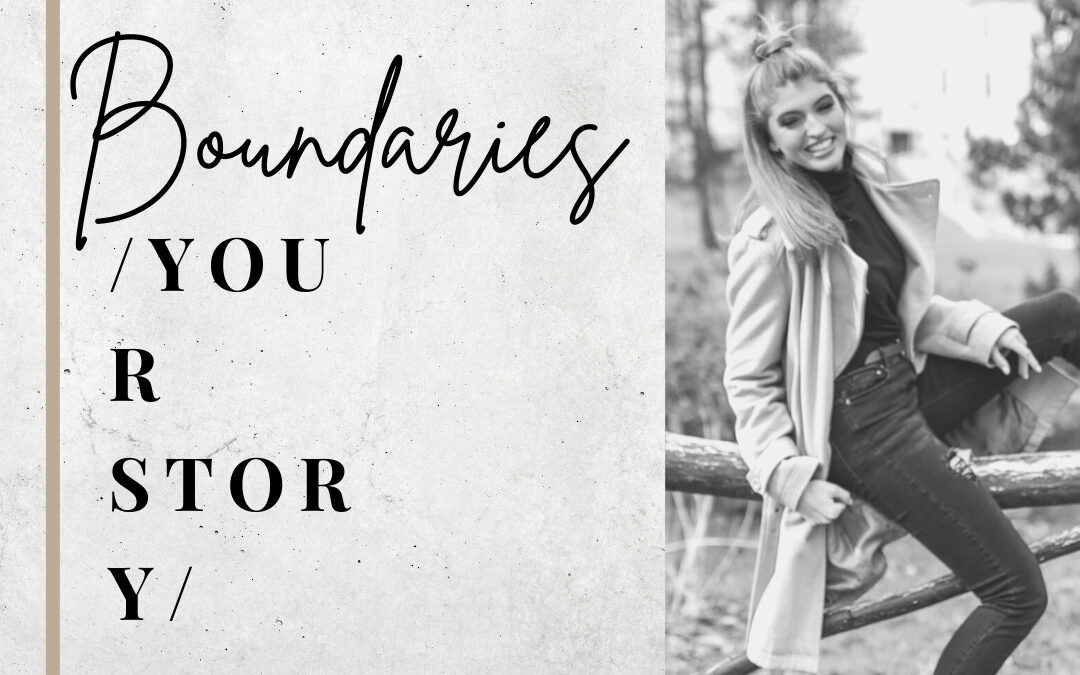Over the last few months the biggest coaching topic for people has been around the issue of setting and keeping boundaries.
How are you with setting and defending your boundaries?
According to Darlene Lancer, JC, MFT, “Boundaries are learned.” This gives me hope as a coach for my clients who struggle with setting and keeping boundaries.
It’s important to take a look back at our family of origin as it relates to boundaries. If you didn’t grow up with strong boundaries, it will be a challenge to know when to set them and how and when to respond when they are challenged.
In my coaching practice, the issue of boundaries tends to always find its roots in people pleasing. We need and want people to like us or approve of us so we either won’t set a boundary or we erect a flimsy fence and when someone pushes or climbs over our flimsy fence we let them. The need for the other person to like us and approve of us trumps our value of setting and maintaining healthy boundaries.
But what I’ve discovered through coaching my clients and from personal experience with learning how to set and defend a boundary is that we respect other people’s boundaries, so why don’t we expect that same respect for ours?
Because it feels better in the moment to have someone like us and approve of us than to defend our boundary and that’s when relationships get really complicated. When we have weak emotional boundaries our relationships suffer, we suffer. It’s like eating Boom Chicka Pop Kettle Corn for breakfast, lunch and dinner. Eventually our bodies and our emotional state suffer from the lack of proper nutrients we need to function.
It’s the same principle with boundaries. Our bodies and our emotional state suffer.
There is no easy way around building your fences and defending them. You are going to be uncomfortable. You have to decide you’d rather be uncomfortable as you take those steps to build your fences. Builidng fences is hard work! And the more you stay true to why you are setting your boundary (your core values and your truth) the more you will have the strength to defend your boundaries from pushback.
You’ve actually trained people very well to your fenceless borders. So now part of being uncomfortable is you have to say out loud what you will and won’t do. It’s time to train them to see and respect your boundaries. It will be hard and challenging, but in the end you will respect yourself more and they will respect you too. And if they don’t, it’s time for you to set a boundary around that relationship.
Setting and defending our boundaries needs to come from a place of respect for ourselves and what we will and won’t do. We don’t have to argue with people to understand and we don’t have to be mean about it. We must be grace-filled to ourselves and to those who will experience this new fence.
Once you’ve erected your fence – there will be pushback. Again, when we are clear on our core values and our truth, we can respond with grace. We can respond in love, even if the fence is rejected and they try to climb over your fence or kick it down. This feels uncomfortable – but the more you are clear on your core values and what is best for you – the more you will see yourself getting more comfortable with erecting your fences.
Subscribe to my email to receive the free Your Coaching Moment Resource to help you set and defend your boundaries!




Recent Comments